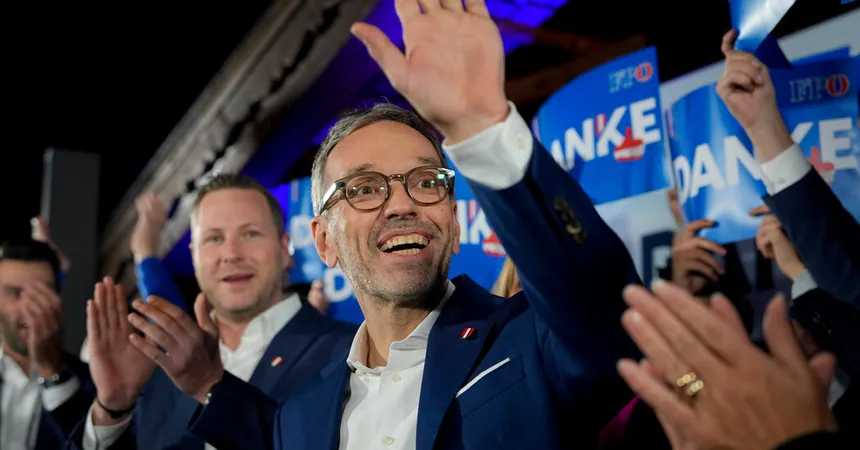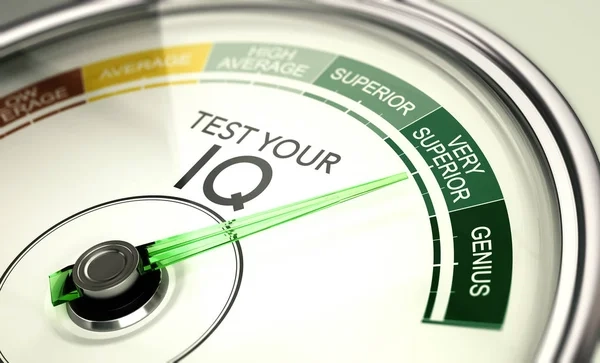
Austria on the Brink: Coalition Talks Collapse, Far-Right Freedom Party Poised for Power
2025-01-05
Author: Yan
Austria's Political Shake-Up
In a shocking political shake-up, Austria's far-right Freedom Party now stands at the threshold of a potential power grab, following the breakdown of coalition negotiations among three traditional political parties over the weekend.
Freedom Party's Rise
The Freedom Party, led by controversial figure Herbert Kickl, emerges as a significant contender to lead the new Austrian government. Kickl's party secured the most seats in the recent national assembly elections held in September, marking a substantial rise in the influence of the far right within Europe.
Meeting with the President
Austria's President, Alexander Van der Bellen, is expected to meet with Kickl on Monday, a move seen as an important step towards coalition formation. If appointed, Kickl would make history as one of the first openly far-right leaders in a European government, signaling a drastic shift in the political landscape.
Kickl’s Far-Right Ideology
Kickl has a history steeped in far-right ideology, with roots tracing back to the formation of the Freedom Party in the 1950s by former members of the Nazi regime's SS. His campaign platform predominantly revolves around anti-immigration stances, which include calls for a freeze on asylum applications and the introduction of laws to prevent asylum seekers from obtaining Austrian citizenship. Kickl’s rhetoric aims at fortifying Austria's borders, promoting a vision of the country as an impregnable 'fortress'.
ÖVP's Shift in Stance
In a surprising turn, the Austrian People's Party (ÖVP), previously steadfast in its refusal to ally with the Freedom Party as long as Kickl was at the helm, has signaled openness to re-evaluate this stance. Following the resignation of Chancellor Karl Nehammer and the party leadership, the ÖVP's new head, Christian Stocker, announced a willingness to enter discussions with the Freedom Party, indicating potential shifts in strategy amid the evolving political climate.
Concerns Over Instability
Political analysts have expressed concern regarding these developments, dubbing the situation a 'chaos' reflective of a broader trend of instability as the far-right gains traction. Peter Filzmaier, a political scientist, remarked that such dynamics present Austria to the world as increasingly radicalized and unreliable.
Election Results
With nearly 29% of voters casting their ballots for the Freedom Party in the recent election, it now challenges the ÖVP, which garnered around 26%. Until now, the Freedom Party had faced exclusion from governmental coalitions due to collective reluctance from other parties.
Potential Normalization of Far-Right
Analysts note that the continuation of coalition talks between ÖVP and Freedom Party might be more manageable, given the shared ideologies on several key issues. Laurenz Ennser-Jedenastik from the University of Vienna emphasized that historical exclusions reveal the superficial nature of political alliances, indicating a potential normalization of the far-right within Austrian governance.
Far-Right Trends Across Europe
Internationally, the rise of far-right parties has been part of a troubling trend across Europe. The significant performance of France's far-right National Rally and Geert Wilders’ Party for Freedom in the Netherlands suggests that voter disillusionment with immigration policies and economic challenges is driving a shift towards extremism.
Implications for Democracy in Europe
As Austria teeters on the edge of a new political reality, the implications of a Freedom Party led government could reverberate across the continent, raising fundamental questions about the future of democracy and tolerance in Europe. Will Austria join the ranks of countries experiencing a far-right renaissance? Only time will tell, but the political stage is set for a dramatic transformation.





 Brasil (PT)
Brasil (PT)
 Canada (EN)
Canada (EN)
 Chile (ES)
Chile (ES)
 Česko (CS)
Česko (CS)
 대한민국 (KO)
대한민국 (KO)
 España (ES)
España (ES)
 France (FR)
France (FR)
 Hong Kong (EN)
Hong Kong (EN)
 Italia (IT)
Italia (IT)
 日本 (JA)
日本 (JA)
 Magyarország (HU)
Magyarország (HU)
 Norge (NO)
Norge (NO)
 Polska (PL)
Polska (PL)
 Schweiz (DE)
Schweiz (DE)
 Singapore (EN)
Singapore (EN)
 Sverige (SV)
Sverige (SV)
 Suomi (FI)
Suomi (FI)
 Türkiye (TR)
Türkiye (TR)
 الإمارات العربية المتحدة (AR)
الإمارات العربية المتحدة (AR)